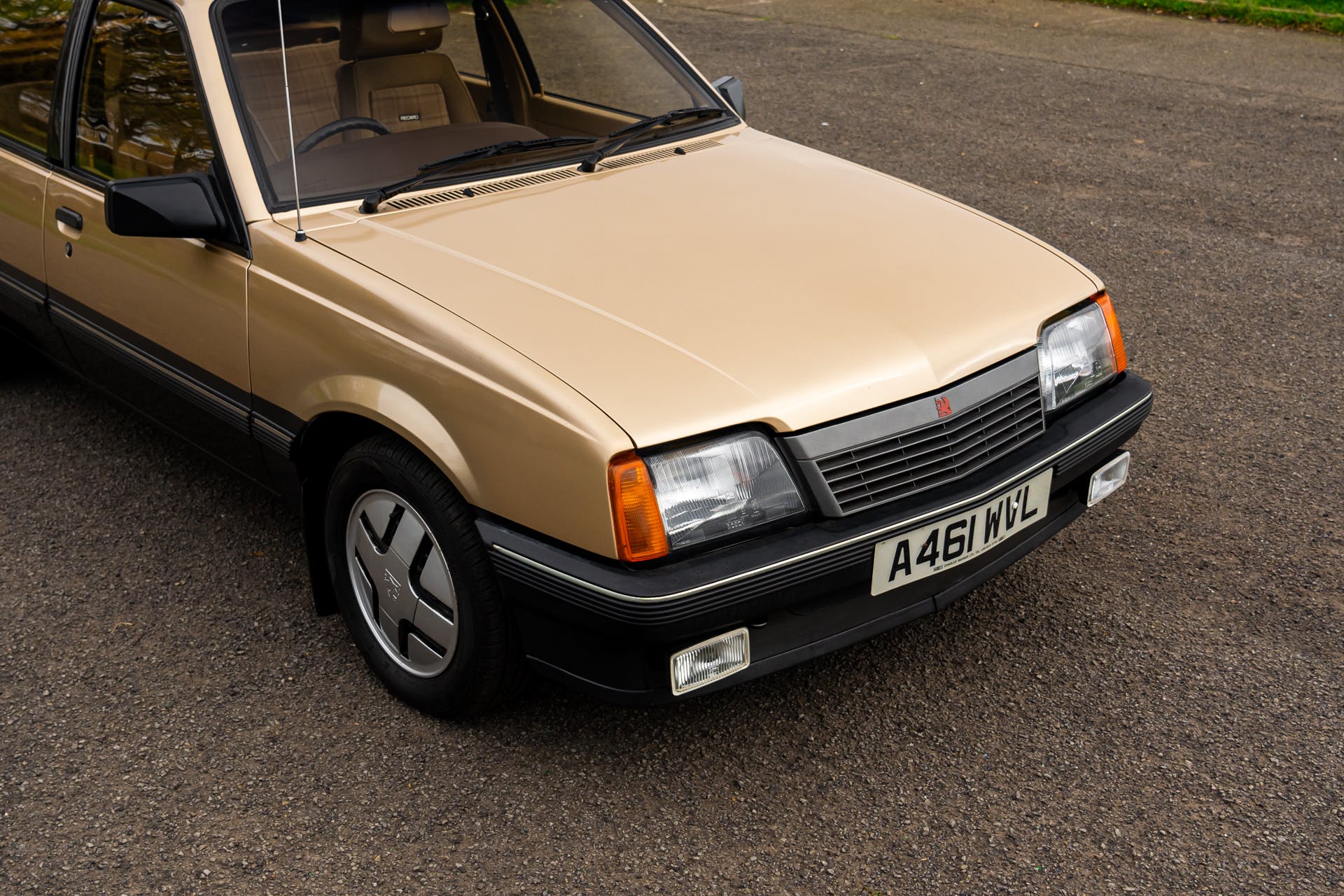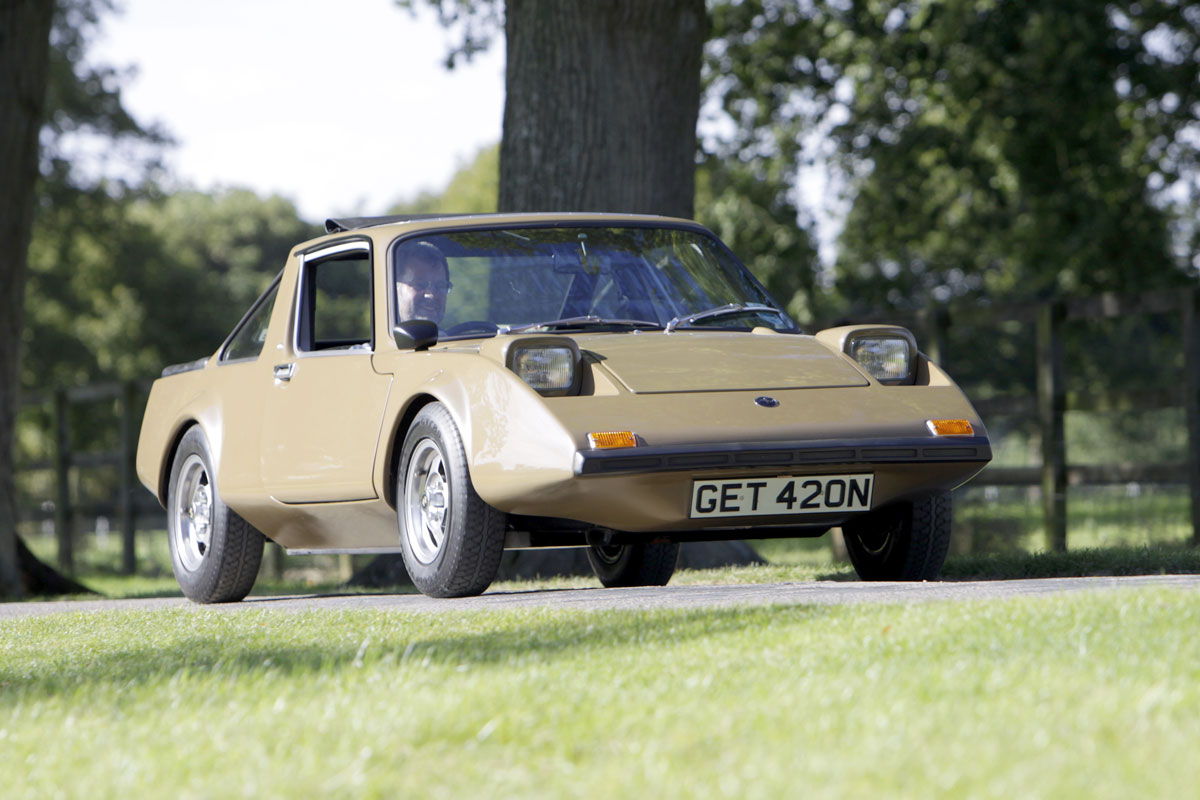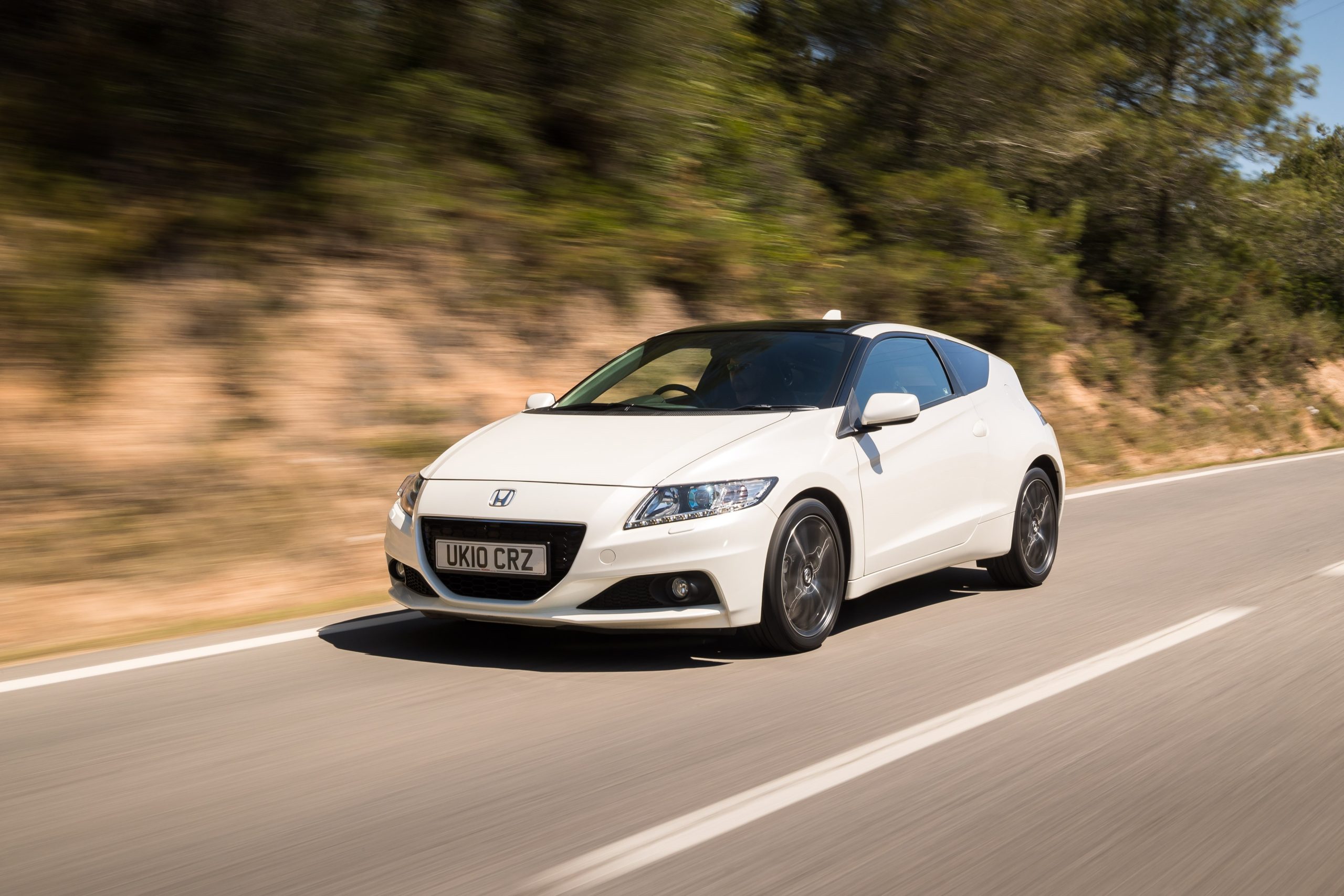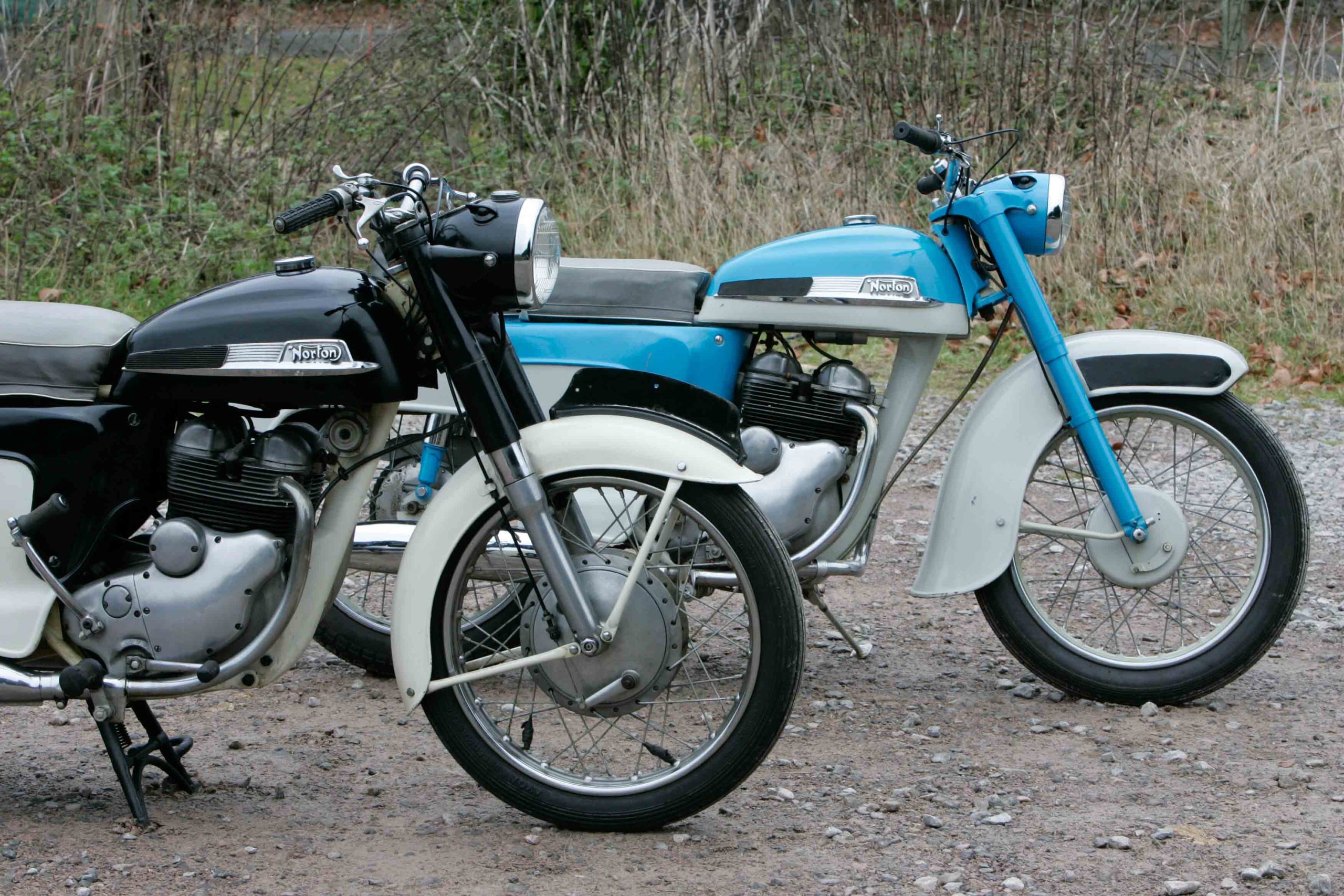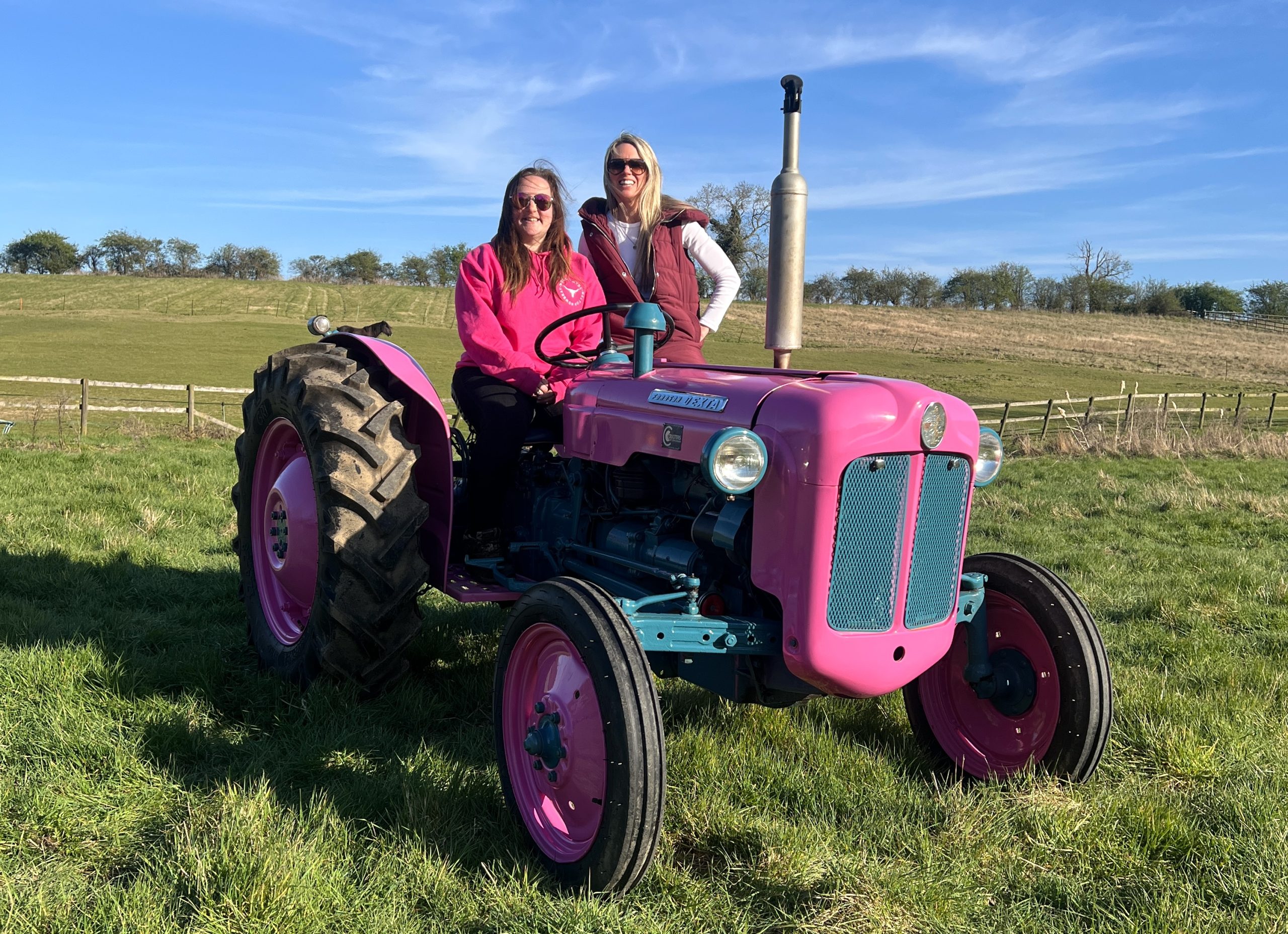Whatever your opinion of vehicles from the 1980s, there is no denying the explosion of interest that has recently developed around these once-unloved cars. Vehicles that only a few years ago were being happily shunted off to the breaker’s yard thanks to the scrappage scheme (54 Porsche 944s anyone?) are now falling firmly into the collectable category.
The amount of money being invested in 1980s classics is undeniable. You only have to read our Q1 Analysis to see that pretty much all the top performers are now 1980s cars. And what we’re hearing- from dealers, from auction houses, and from clubs- is that a lot of the money is new to classic motoring.

It is easy to see why first-time classic buyers are attracted to 1980s cars. Many of those buying them will be in their mid 40s- the time of life when many people have a little spare cash, a house with a garage and a bit more time on their hands. The ‘80s were their decade- and the cars they lusted over as teenagers are suddenly now very available. BMW E30s, Porsche 930s and Ford Capri Mk III were are the ‘in’ cars then, and are very much so again now.
1980s classics are also very attractive as first classic cars due to an almost perfect mix of engineering simplicity and motoring comfort. By the ‘80s, cars had many of the features we would expect on a modern car: effective heaters, proper weatherproofing, reliable engines and good brakes. But they are also (mostly) devoid of the complex engine management systems that became ubiquitous in the 1990s. These characteristics mean that they are easy to drive, and if you want to have a tinker under the bonnet, you will still be able to find something under there which resembles an internal combustion engine.
So what do all of these new classics, and new owners, mean for the classic car industry in the UK? Firstly, their expectations in terms of communications will be different and businesses, clubs and events will thrive or wither depending on how they react. Social media will become increasingly important: many of the new generation of 40-something owners use Facebook, Twitter and other online platforms to communicate on a daily basis. Advertising to these people is cheap and easily targeted, and it will be very easy for magazines and event organisers to focus their effort on this group to the detriment of other areas of the hobby.
The response of support elements of the industry will also be instrumental in deciding which marques and cars remain popular and continue to thrive. With new cars comes a new demand for parts, information and specialists to look after them. Some of this is already being provided by forward- looking manufacturers, who see a marketing benefit in providing heritage operations, but this is by no means widespread. Marques that lack the necessary support will surely struggle to remain viable as common classic cars.
The 1980s may come to represent the last golden age for classic cars. Whatever happens, here at Hagerty we welcome the influx of new cars and owners, and are very happy to quote for any cherished car.

